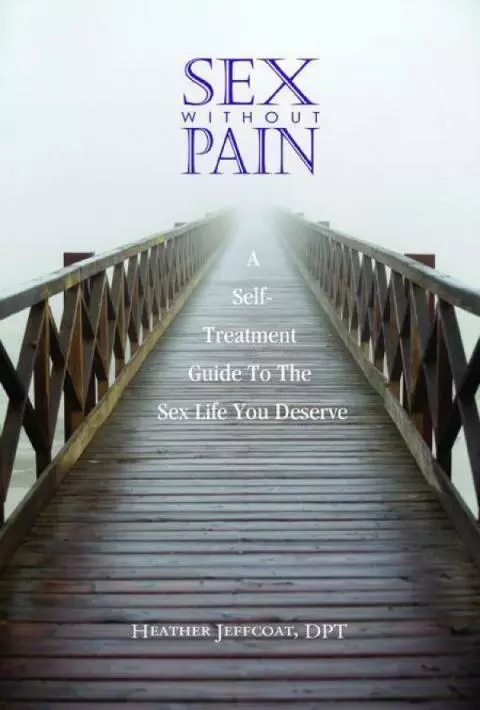Alphabetical Index of Articles on Women's Sexual, Pelvic Floor, and Reproductive Health
Commonly Linked: Urinary Incontinence and Postpartum Depression

What's the Link Between Urinary Incontinence and Postpartum Depression?
Postpartum Depression is a medical illness that negatively affects how you feel, the way you think, and how you act.
It typically arises due to a combination of hormonal changes, psychological adjustment to motherhood, and fatigue. Postpartum depression is said to affect between 5-20% of mothers depending on variable socioeconomic factors. Many people associate urinary incontinence as a common postpartum symptom. Prevalence of postpartum urinary incontinence figures vary due to diverse study formats, however it is predicted that bladder leakage is experienced in a quarter to half of all postpartum women.
In recent years, studies have concluded there is a strong link between both postpartum depression and urinary incontinence postpartum.
Urinary Incontinence and Depression | What's the Connection?

A recent study connects anxiety, urinary incontinence and depression in women
What is urinary incontinence?
Urinary incontinence refers to the loss of urine, out of your control. There is actually more than one kind of urinary incontinence: the two most common types of urinary incontinence that affect women are stress incontinence and urge incontinence (also called overactive bladder, or OAB).
- Stress Incontinence: urine leaking with physical activity - sneezing, coughing, laughing, lifting, pushing/pulling, jumping.
- Urge Incontinence: urine leakage that is coupled with urgency to go- leaking while you’re in line for the toilet, leaking/urgency when you’re parking your car in the driveway, putting the key in the door, fumbling with your pants, etc.
- Mixed UI: a combination of stress and urge symptoms












